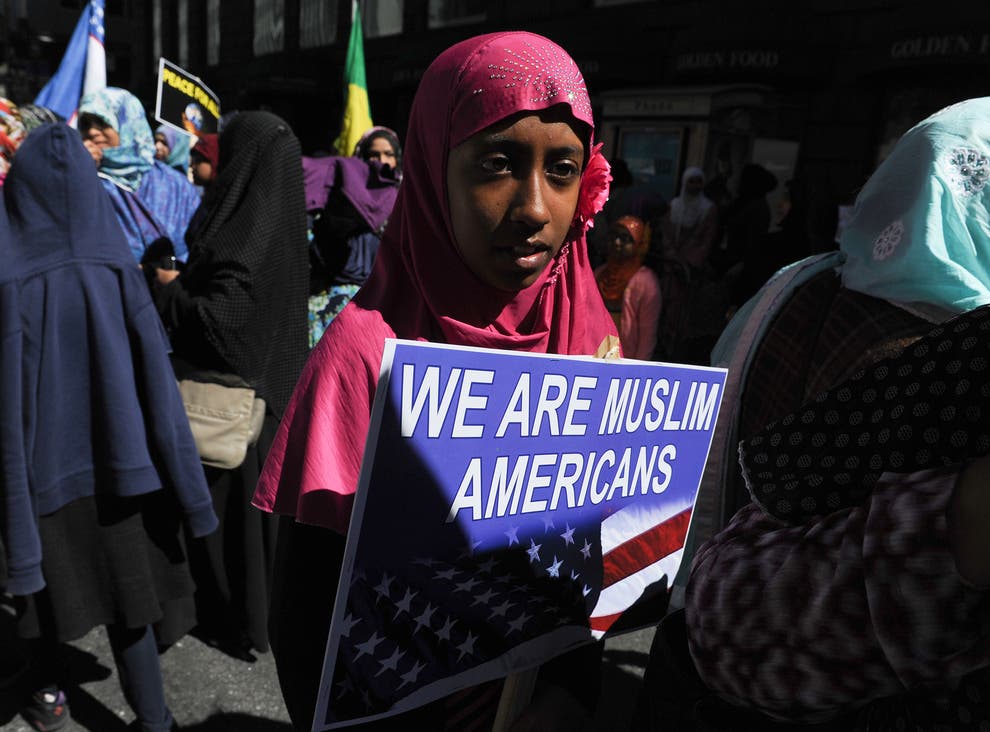A referendum next month may import religious teaching into Berlin’s schools. By American standards, German culture wars are mild affairs. A spat in Berlin over teaching religion in schools may be an exception. Next month the city will vote on whether schools should teach the subject as an alternative to an ethics course. The debate is only partly about how God fits into the classroom; it is also about how Muslims fit into Berlin. In most of Germany, the constitution already makes religious instruction part of the curriculum (secular students can opt out). But Berlin and two other states are exempt. The city’s godlessness was shaken in 2005 by the “honour killing” of a young Turkish woman. As an antidote, Berlin’s government brought in a non-religious ethics course a year later.
For Berlin’s beleaguered believers, this was both threat and opportunity. Enrollment in (voluntary) religious classes outside school hours dropped. But some religious folk spotted a chance to sneak in more traditional teaching. Thus was born Pro-Reli, a movement that has festooned Berlin with red-and-white posters demanding “free choice between ethics and religion” and collected 270,000 signatures to force a referendum.






